Understanding the UK tax system can be challenging for entrepreneurs.
Effective tax planning is essential for minimising liabilities, ensuring compliance, and optimising financial health.
This guide will help you understand the key aspects of tax planning, provide best practices, and offer a detailed checklist to keep you on track.
Understanding Tax Planning
Tax planning involves strategizing your financial activities to maximise tax efficiency.
This means leveraging legal methods to minimise your tax liability, stay compliant with tax laws, and plan for future financial obligations.
For entrepreneurs, this can include everything from selecting the right business structure to claiming available reliefs and deductions.
Importance of Tax Planning for Entrepreneurs
- Cost Savings: Reduce your tax bill by taking advantage of available deductions and reliefs.
- Compliance: Avoid penalties and fines by staying up-to-date with tax regulations.
- Cash Flow Management: Ensure you have the funds available to meet your tax obligations without disrupting your business operations.
- Financial Planning: Create a clear financial strategy that supports your business goals and growth.
Key Components of Tax Planning
1. Choosing the Right Business Structure
The business structure you choose can significantly impact your tax obligations. Common structures include:
- Sole Trader: Simple setup with fewer compliance requirements but personal liability for business debts.
- Partnership: Shared responsibility and profits, but partners are personally liable.
- Limited Company: Separate legal entity, offering limited liability protection but with more regulatory requirements and potential tax benefits.
- Limited Liability Partnership (LLP): Combines elements of partnerships and limited companies, offering flexibility and limited liability.
For more information, visit the HMRC Business Structures page.
Click here to book your free consultation now
2. Understanding VAT
Value Added Tax (VAT) is a significant aspect of tax planning. Businesses with a turnover above £85,000 must register for VAT. Key considerations include:
- Choosing the Right Scheme: Standard, Flat Rate, Cash Accounting, and Annual Accounting Schemes each have different implications for your cash flow and administrative burden.
- Claiming VAT Reliefs: Ensure you’re reclaiming VAT on eligible business expenses.
For detailed guidance, visit the HMRC VAT page.
3. Efficient Expense Management
Properly managing and documenting your business expenses can reduce your taxable income. Common deductible expenses include:
- Office supplies and equipment
- Travel and subsistence costs
- Professional fees (legal, accounting)
- Marketing and advertising costs
Maintaining accurate records is crucial to substantiate these expenses during tax filings.
4. Capital Allowances
Claiming capital allowances on business assets such as machinery, equipment, and vehicles can significantly reduce your taxable profits. The Annual Investment Allowance (AIA) allows you to deduct the full value of qualifying assets from your profits up to a certain limit.
For more details, visit the HMRC Capital Allowances page.
5. Utilising Tax Reliefs and Incentives
The UK government offers various tax reliefs and incentives to support businesses, including:
- Research and Development (R&D) Tax Credits: Available for businesses investing in innovation and development.
- Enterprise Investment Scheme (EIS) and Seed Enterprise Investment Scheme (SEIS): Offer tax relief to investors in qualifying startups.
Explore more on HMRC R&D Tax Credits.
Click here to book your free consultation now
Best Practices for Tax Planning
- Regularly Review Your Tax Position: Stay informed about changes in tax laws and regulations that may impact your business.
- Maintain Accurate Records: Keep detailed records of all financial transactions to support your tax filings and claims.
- Plan for Tax Payments: Set aside funds for upcoming tax payments to avoid cash flow issues.
- Consult with Professionals: Engage with tax advisors or accountants to ensure you’re maximising tax efficiency and compliance.
- Use Tax Software: Leverage accounting software to streamline your tax planning and management processes.
Checklist for Effective Tax Planning
- Register Your Business: Choose and register the appropriate business structure with Companies House.
- VAT Registration: Determine if you need to register for VAT and select the suitable scheme.
- Expense Tracking: Implement a system for tracking and categorising business expenses.
- Capital Allowances: Identify and claim eligible capital allowances.
- Claim Tax Reliefs: Research and apply for applicable tax reliefs and incentives.
- Tax Forecasting: Regularly forecast your tax liabilities and plan accordingly.
- Engage Professionals: Partner with experienced accountants or tax advisors.
Don’t Take Risky Changes
Understanding the complexities of tax planning can be challenging.
Click here to book your free consultation now
Partner with us for expert assistance. Our team can help you develop a comprehensive tax strategy tailored to your business needs.
Conclusion
Effective tax planning is essential for entrepreneurs in the UK to minimise liabilities, ensure compliance, and support business growth.
By understanding the key components, implementing best practices, and following a detailed checklist, you can optimise your tax strategy and achieve financial efficiency.
For further assistance and expert advice, don’t hesitate to contact Adroit Consulting Group. Our team of professionals is here to support you every step of the way, helping you through the complexities of tax planning and achieve your business goals.
For further assistance and expert advice, don’t hesitate to contact us.
Our team of professionals is here to support you every step of the way, helping you navigate the complexities of cash flow management and achieve your business goals.

